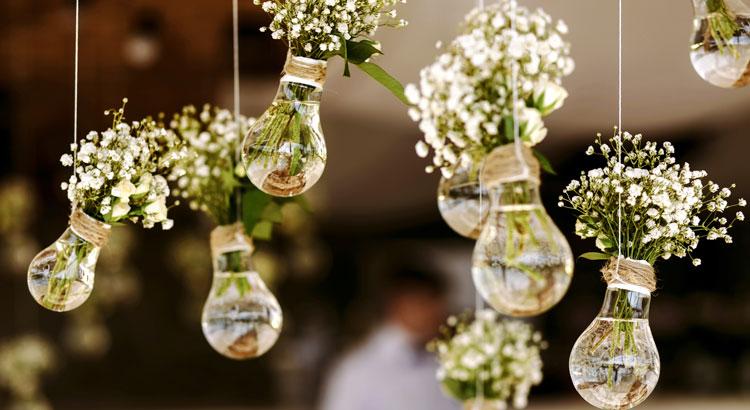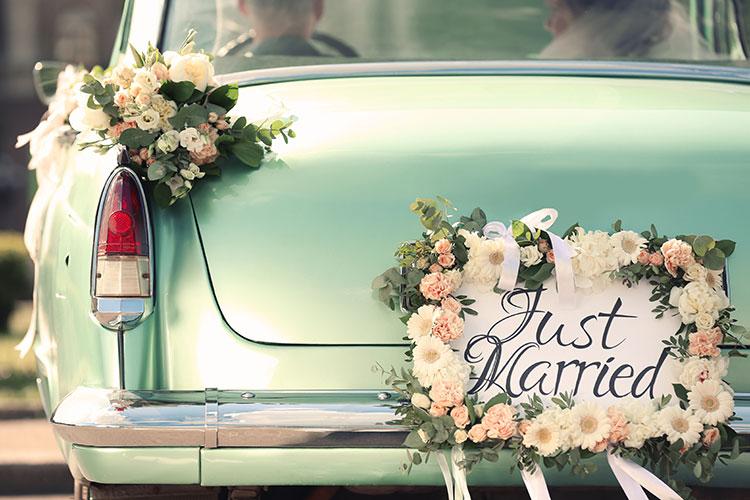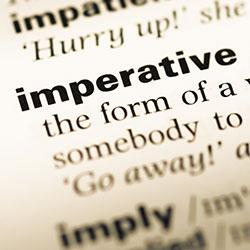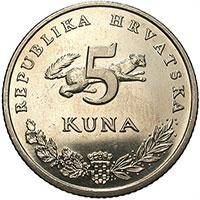Arranging tables, choosing a wedding dress, picking a song for the first dance and possibly fighting about which relatives not to invite is not easy! ????
Big or small, traditional or unusual, indoor or outside, with a band or with a DJ, with domestic or with international music – the average Croat likes to go to wedding celebrations (vjenčanje) of all sorts.
As Croatia is predominantly a Catholic country, wedding ceremonies are traditionally held in a church (crkva), but many couples today decide to confirm their love in different venues – from the registrar's office to galleries, industrial spaces, enchanting castles or parks.
The Ministry of Administration announced 20.544 marriages were concluded altogether in 2016, of which 18.671 were between Croatian citizens and 479 between foreigners, while 1.394 were between a Croatian and a foreign citizen.
Wedding customs in Croatia
Customs (običaji) may differ from region to region (even neighbouring villages can have different wedding traditions). In Dalmatia and Istria, for instance, you’ll be served fish and seafood. In the continental part of Croatia, on the other hand, you’ll be eating meat and potatoes. Lamb is widespread throughout the whole of Croatia.
As a wedding guest in Slavonia you’ll listen to tamburitza (tamburica) and Croatian folk music while it’s difficult to get married at the Dalmatian coast without listening to the traditional klapa (klapa) a cappella singing.
One of the popular wedding songs for the first dance is Try (Provaj/Pokušaj) by Croatian singers Luky and Oliver Dragojević:
A few things are common wherever you decide to say “I do”, though. Most Croatian brides will worry about whether their guests have enough to eat and if their wedding cake (vjenčana torta) is more beautiful than her cousin’s, who got married last year. The groom will worry about surviving the day in leather shoes and a suit, the bride's mom will inspect the groom's mother closely just to be sure that her haircut is better and the fathers of the newlyweds (mladenci) will try to stay on their feet and not to seem too drunk in order to avoid glares from their significant others across the table! ????
To learn how to order a drink in Croatian, read here (How to order a drink in Croatian). You might need it.

Interesting traditions and customs
Before
In the past, a bride would receive an apple, money or a ring as a gift. Her wedding dress was red or colourful because it was thought that it would protect her from evil. She wore a symbolical crown or wreath. The wedding ceremony was usually held on a Wednesday or any other day that was considered lucky (never on Tuesday and Friday!) and the celebrations could last up to three days.
The guests would walk, travel by wagon or ride a horse from the groom’s home to the bride’s home while singing a song. Before the bride left her home, she’d receive blessings blagoslov from her parents. She’d say goodbye to her family and bring some bread or wine to her new family. It was popular in Dalmatia to gift each wedding guest with three grains of salt, two olive tree leaves and a little piece of blessed candle.
Have you heard of Galešnjak, also known as the Island of Love? It is a small, uninhabited heart-shaped island located in the Adriatic Sea, close to the island Pašman!
Now
White dresses are now the most common choice among Croatian brides and the Croatian designers are a preferred choice. All wedding guests wear a flower, rosemary, lavender or a silk ribbon around their wrist or on their lapel, while the closest family members have corsages that are more noticeable. It is common to see the bride accompanied by her father walking to the altar. During the dinner, newlyweds sit at a separate table together with the best man and the maid of honour.
Until a few years ago, it was common that only the best man gave a speech govor, but lately, it is quite popular to hear a toast zdravica from the maid of honour as well. The groom and bride usually receive money as a gift, but paintings, household supplies or travel coupons can also be given to the couple as an expression of good wishes.

If you are invited to a Croatian wedding, you can try to practice your art of small talk (the art of small talk in Croatian) and if you are planning to propose to someone, this list of names Croatians use to call their loved ones might help you (names to call our loved ones in Croatian).








